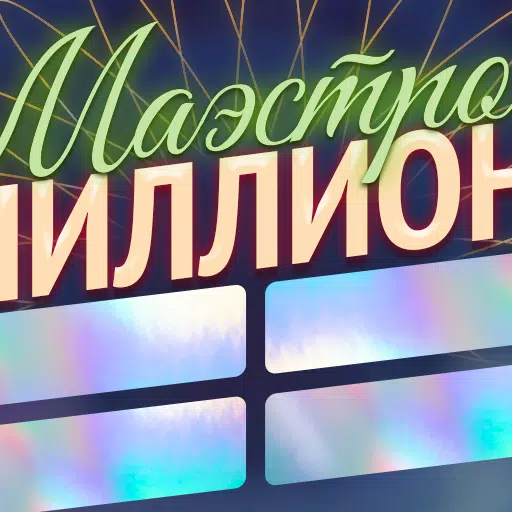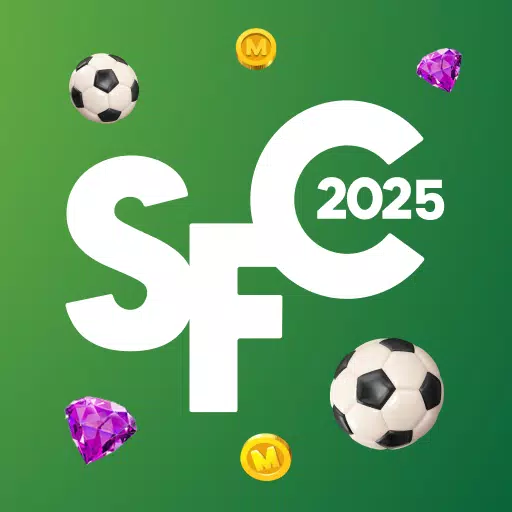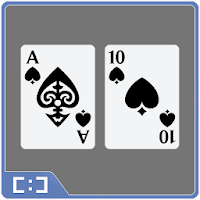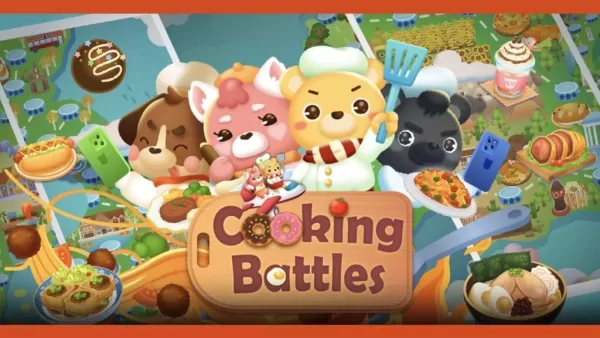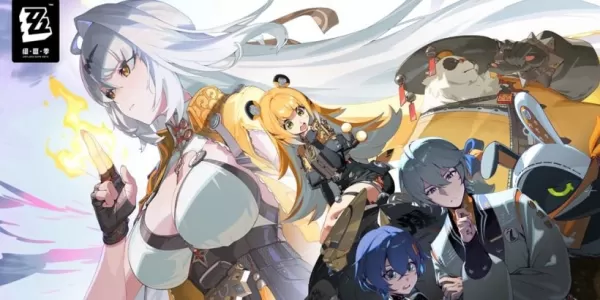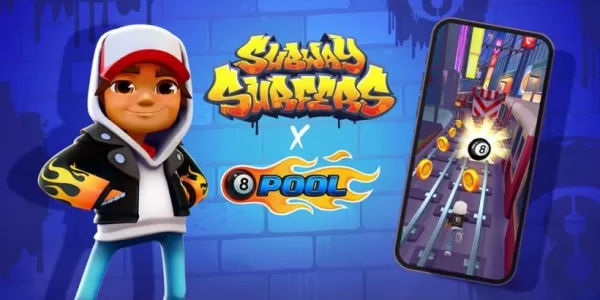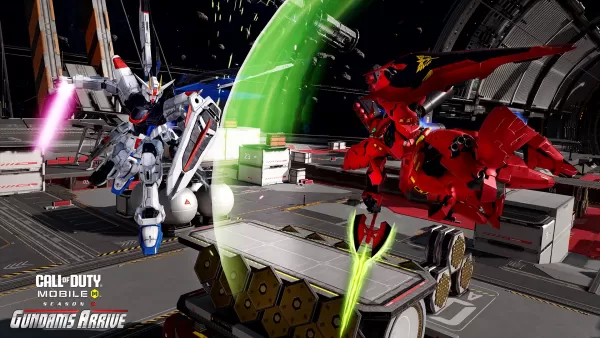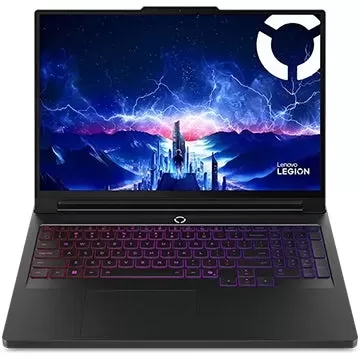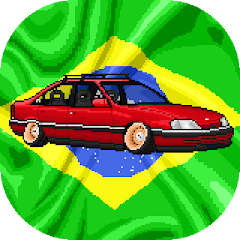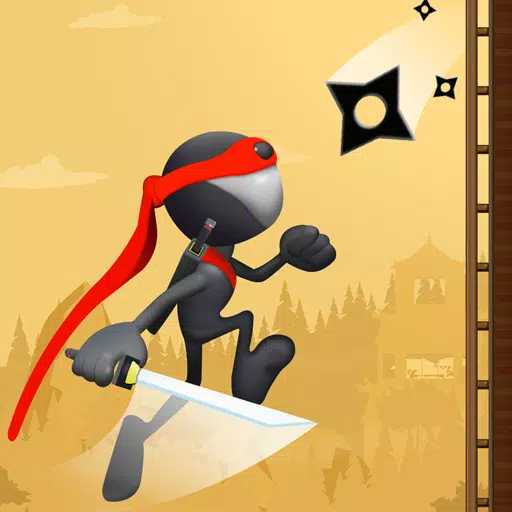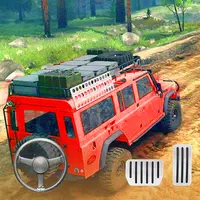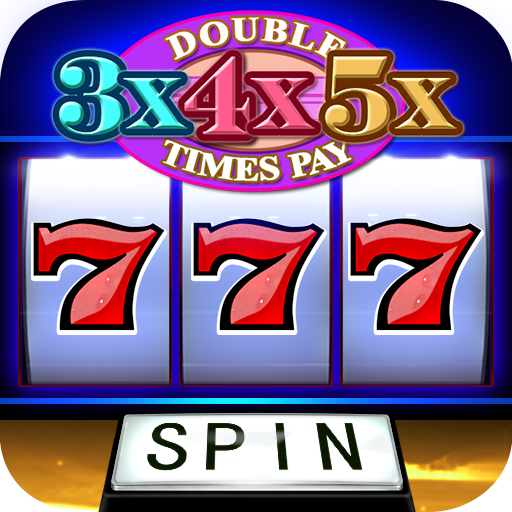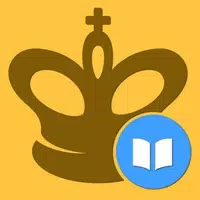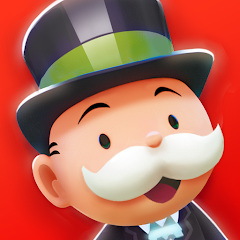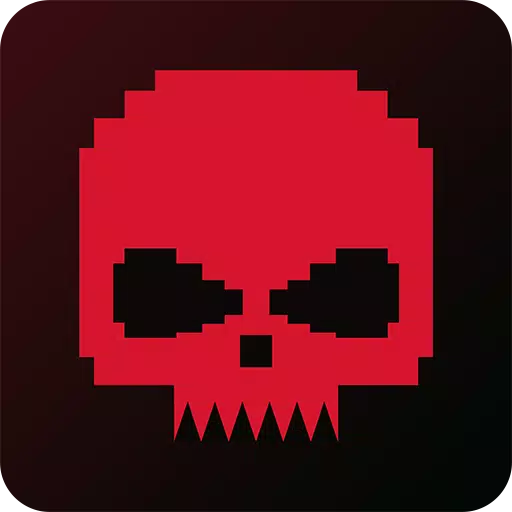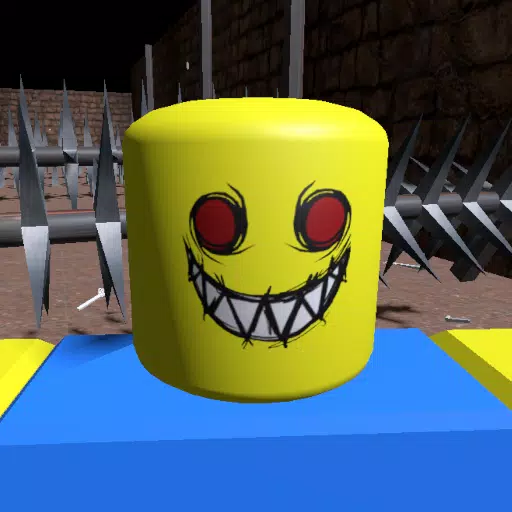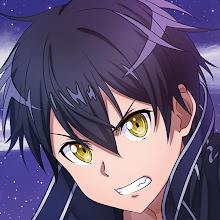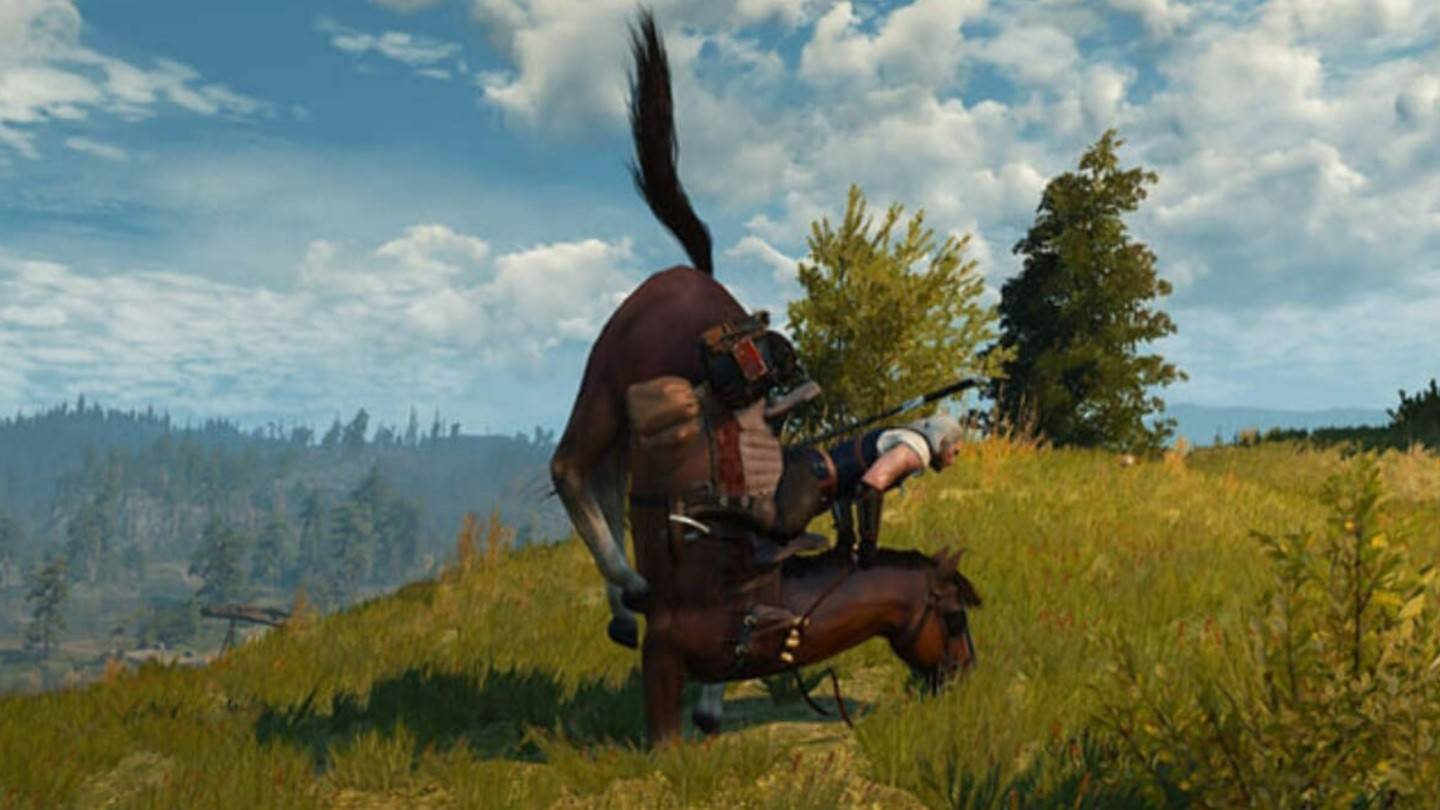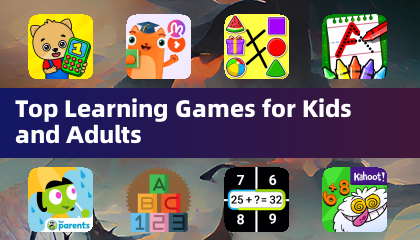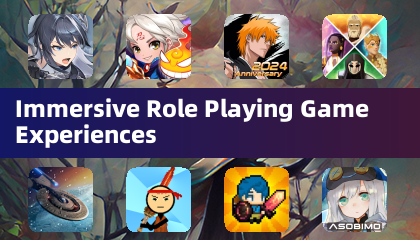For Many Years in Minecraft: The Whole Story of the Legendary Game
Minecraft: From Humble Beginnings to Global Phenomenon
Minecraft's journey to becoming a global gaming icon wasn't straightforward. This article delves into the history of Minecraft, tracing its evolution from a single programmer's vision to a cultural phenomenon that reshaped the gaming landscape.
Table of Contents
- Initial Concept and First Release
- Cultivating a Dedicated Player Base
- Official Launch and International Success
- Minecraft Versions Across Platforms
Initial Concept and First Release
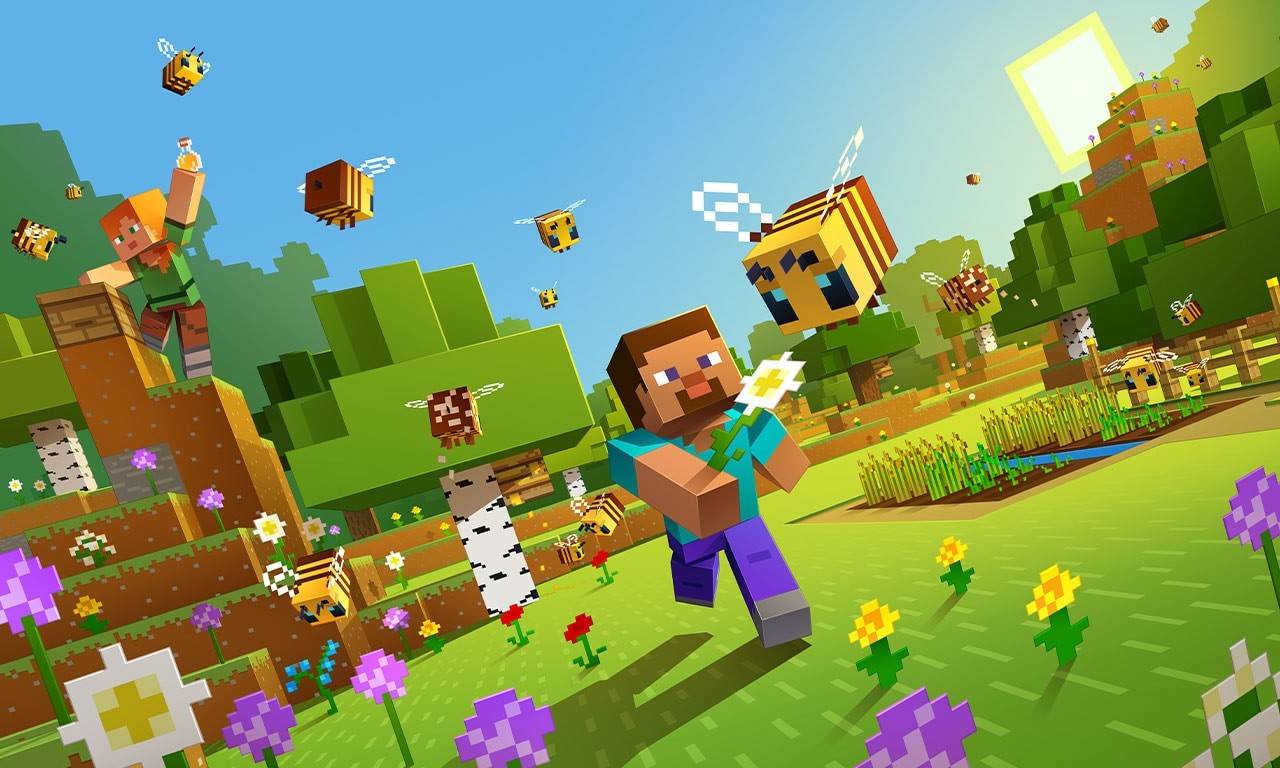 Image: apkpure.cfd
Image: apkpure.cfd
Markus Persson ("Notch"), a Swedish programmer, drew inspiration from games like Dwarf Fortress, Dungeon Keeper, and Infiniminer to create Minecraft. His goal: a game offering boundless building and exploration. The alpha version launched on May 17, 2009, a lightweight pixelated sandbox experience built during Notch's downtime from his work at King.com, and distributed via its official launcher. Its intuitive building mechanics immediately captivated players.
Cultivating a Dedicated Player Base
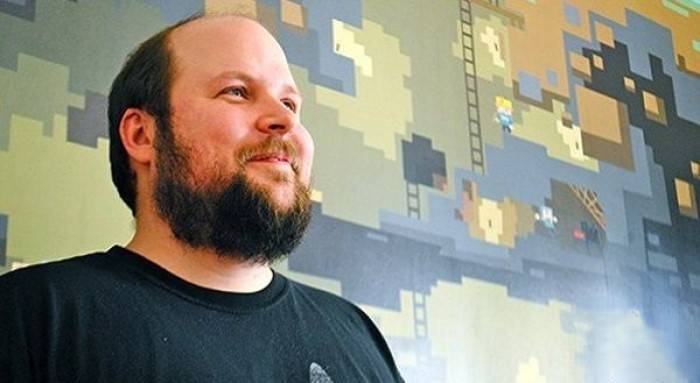 Image: miastogier.pl
Image: miastogier.pl
Word-of-mouth and online player communities fueled Minecraft's rapid growth. By 2010, the game transitioned to beta, and Persson founded Mojang Studios to fully dedicate himself to its development. Minecraft's unique blend of creative freedom and open-ended gameplay resonated deeply with players, who built everything from homes and famous landmarks to entire cities. The addition of Redstone, a material enabling complex mechanisms, marked a significant advancement.
Official Launch and International Success
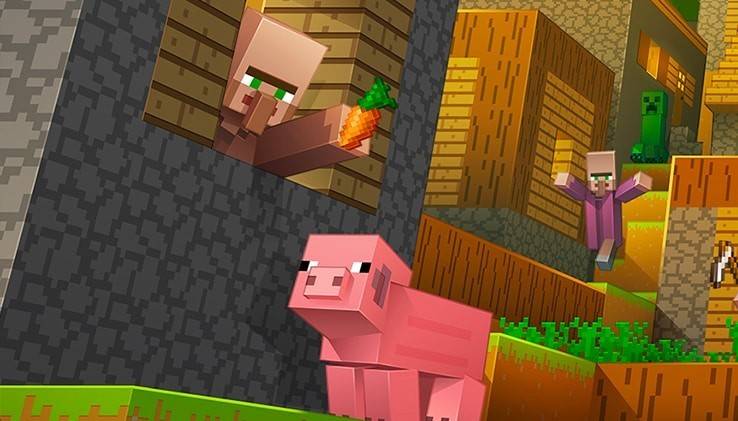 Image: minecraft.net
Image: minecraft.net
Minecraft's official 1.0 release on November 18, 2011, solidified its position as a global phenomenon. Millions of players comprised a vibrant and active community, creating modifications, custom maps, and even educational projects. Mojang's expansion onto consoles (Xbox 360 and PlayStation 3 in 2012) broadened its reach further, captivating children and teenagers alike. The game's blend of entertainment and educational potential became a defining characteristic.
Minecraft Versions Across Platforms
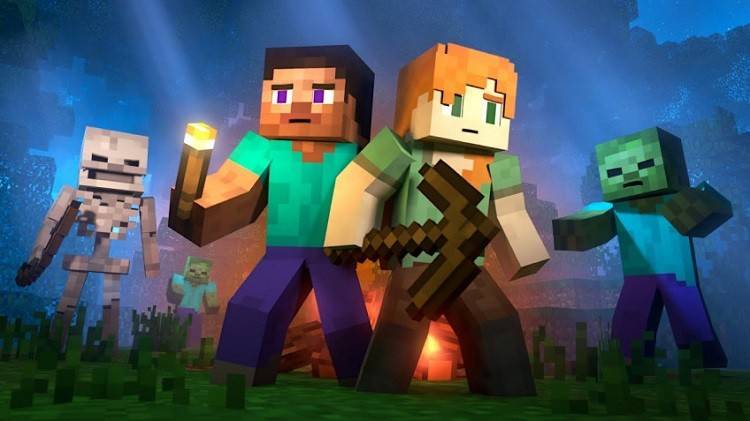 Image: aparat.com
Image: aparat.com
The following table summarizes key Minecraft versions since its official release:
| **Name** | **Description** |
| Minecraft Classic | The original free version. |
| Minecraft: Java Edition | Initially lacked cross-platform play; later integrated with Bedrock Edition on PC. |
| Minecraft: Bedrock Edition | Enabled cross-platform play across various Bedrock versions; PC version includes Java. |
| Minecraft mobile | Cross-platform compatible with other Bedrock versions. |
| Minecraft for Chromebook | Chromebook-specific version. |
| Minecraft for Nintendo Switch | Includes the Super Mario Mash-up pack. |
| Minecraft for PlayStation | Cross-platform compatible with other Bedrock versions. |
| Minecraft for Xbox One | Partially Bedrock; updates discontinued. |
| Minecraft for Xbox 360 | Support ended after the Aquatic Update. |
| Minecraft for PS4 | Partially Bedrock; updates discontinued. |
| Minecraft for PS3 | Support ended. |
| Minecraft for PlayStation Vita | Support ended. |
| Minecraft for Wii U | Offered off-screen play. |
| Minecraft: New Nintendo 3DS Edition | Support ended. |
| Minecraft for China | China-exclusive version. |
| Minecraft Education | Educational version used in schools and learning environments. |
| Minecraft: PI Edition | Educational version for Raspberry Pi. |
Minecraft's legacy extends far beyond the game itself. It's a thriving ecosystem encompassing communities, YouTube channels, merchandise, and competitive events. Continued updates ensure its enduring appeal.
